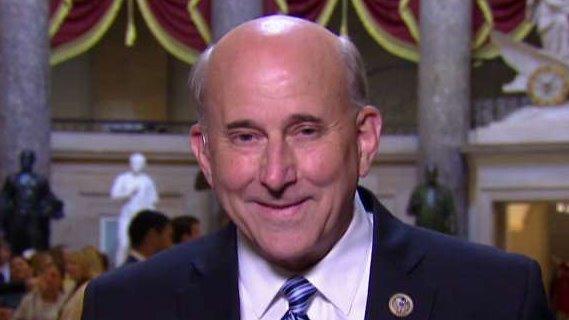Tax reform wish list: What American businesses want
Last month, Senate Finance Chair Orrin Hatch (R-UT) called on all stakeholders to come together and produce recommendations and ideas for tax reform:
“Members from both parties have acknowledged the shortcomings of our current tax system and the need for meaningful reforms to encourage economic growth and alleviate many of the burdens imposed on hardworking taxpayers…As we work to achieve those goals, it is essential that Congress has the best possible advice and insight from experts and stakeholders.”
This week, the Chamber filed comments in response to Chairman Hatch’s call for feedback. So what did we have to say? Not to sound like a broken record, but we would love to see comprehensive, pro-growth tax reform as soon as possible. And what does that reform looks like? Let’s break it down.
- Lower rates for all businesses – Our C corporations and pass-through entities face some of the highest marginal rates in the world. And, to top that off, while other countries are slashing rates, we are falling behind simply by standing still. It’s time to cut rates for all businesses.
- An internationally competitive system – We are the last member of the major industrialized OECD countries to cling to an anti-competitive worldwide system of taxation. Let’s jettison that like a Members Only® jacket at the end of the 1980s and adopt an internationally competitive territorial system of taxation. And while we are doing that, let’s make sure any anti-abuse rules are minimally invasive and that we use a bifurcated rate on any previously untaxed earnings. After all, that cash isn’t just sitting offshore taking a vacation – much of it has been reinvested in property, plant, and equipment, or used in restructuring so companies can stay globally competitive.
- Faster cost recovery – Let’s let businesses write off their investments more quickly so they can focus on doing what they do best: drive economic growth and job creation. And let’s make sure our research and development incentives encourage conducting research in the United States and locating the ensuing intellectual property that is created here.
- Investment taxes –Taxes on investment income and capital gains drive up the cost of capital, thereby reducing the amount of capital productively employed, productivity, wage gains, and international competitiveness. We strongly urge that in tax reform, investment taxes be kept as low as possible to avoid damaging economic ramifications.
- Compliance – No surprises here – the business community would like to see less complex tax rules to reduce compliance costs!
- Transition rules – How we get from here to there is as important as the new tax regime we adopt. Tax reform should include effective transition rules to provide adequate time for implementation of any new system of taxation and to help minimize economic hardships that businesses may encounter in moving to a new tax system.
- Certainty – The uncertainty plaguing the business community under the current tax code is paralyzing. Businesses need to know the rules of the road to best allocate resources. To have the most pro-growth impact, tax reform should be permanent to allow businesses to expand, create jobs, and remain competitive in the United States and abroad.
In sum, we need comprehensive tax reform to create a tax environment that is increasingly pro-business and pro-growth. By accomplishing those reforms, we can grow our GDP, increase jobs, and reenergize the legacy of American Free Enterprise.
This op ed originally ran on the U.S. Chamber’s Above the Fold.




















